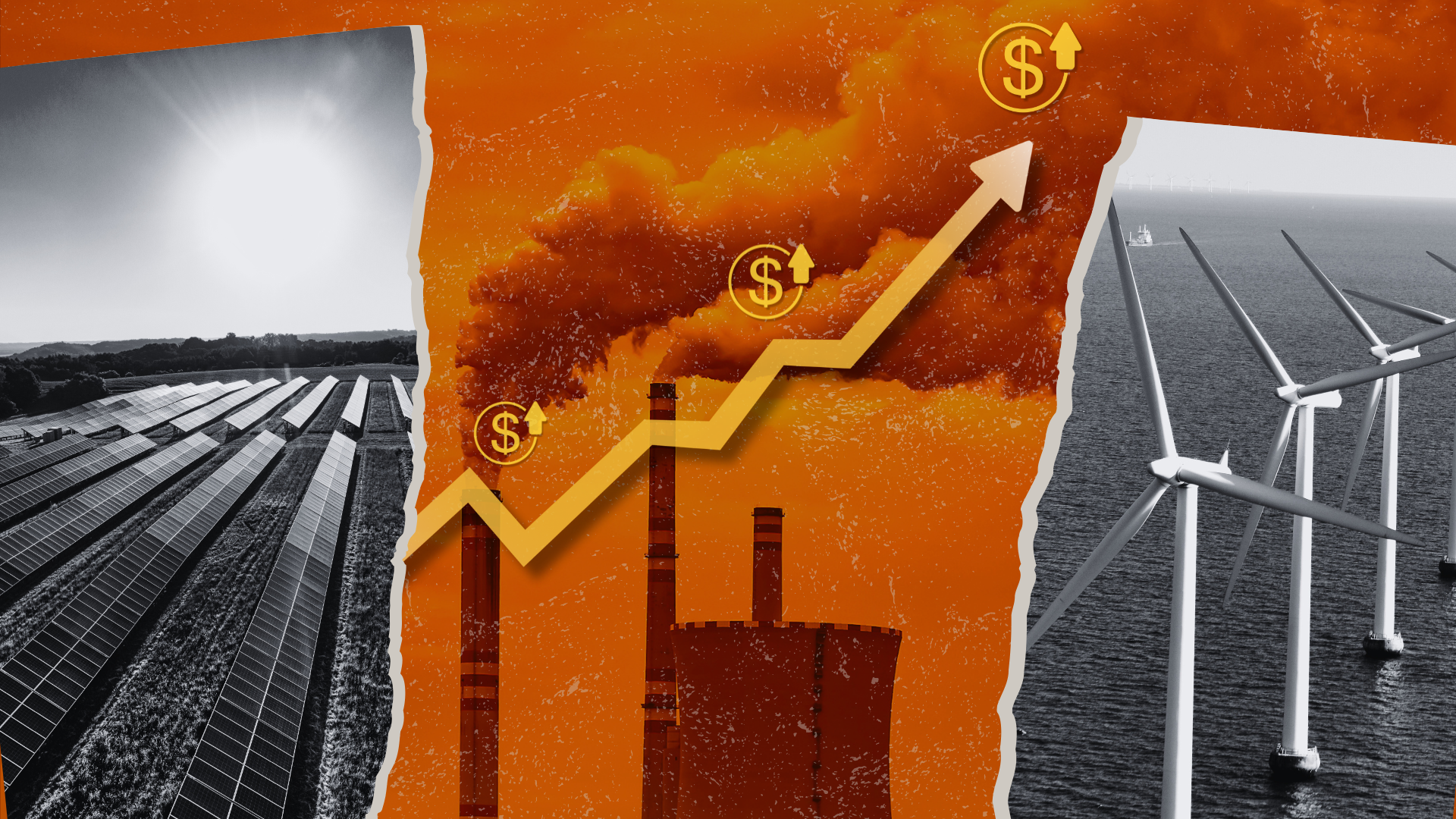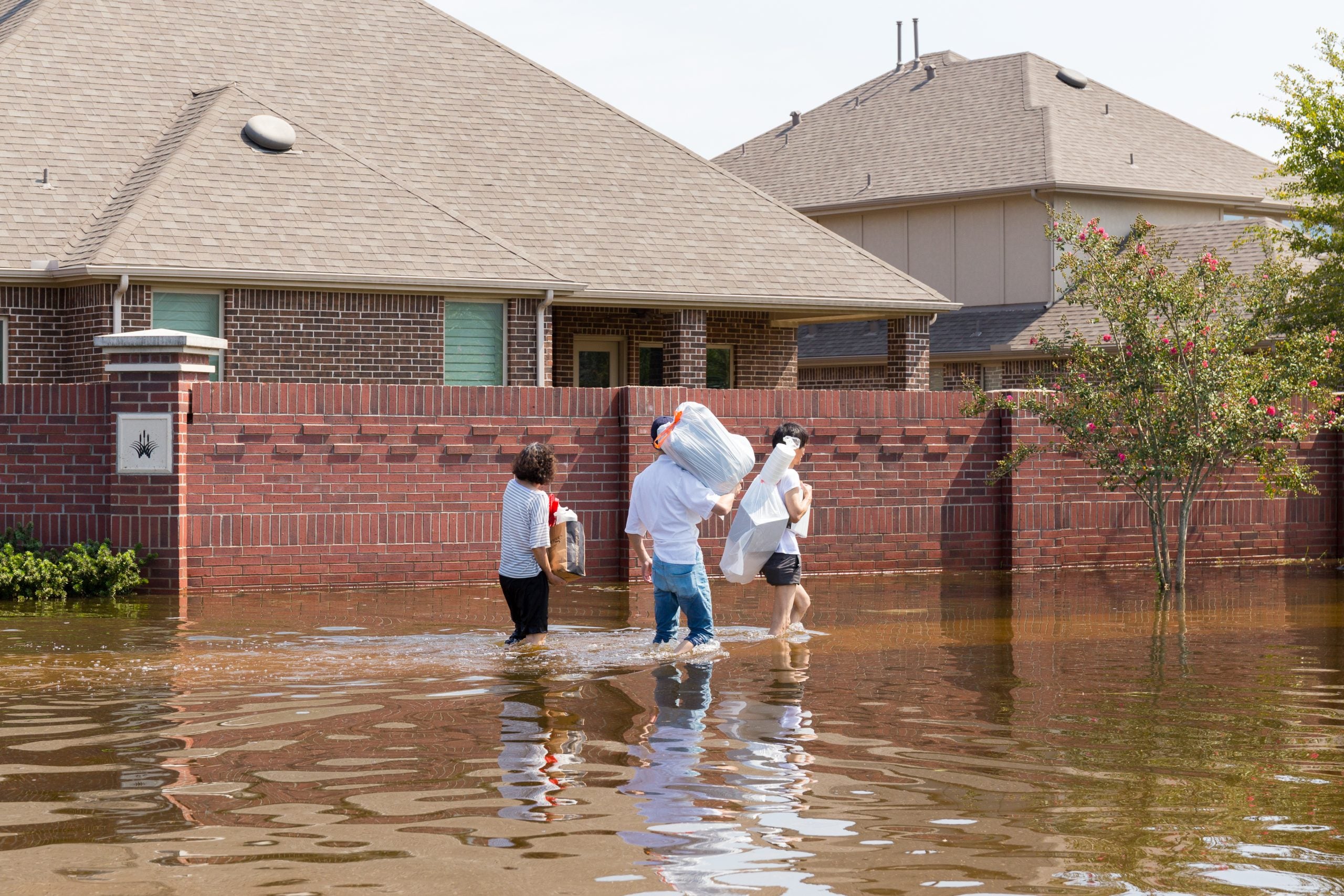Why a Bill in 2008: Good versus Perfect
 This post is by Tony Kreindler, Media Director for the National Climate Campaign at Environmental Defense. It’s the second in a series on Why a Bill in 2008:
This post is by Tony Kreindler, Media Director for the National Climate Campaign at Environmental Defense. It’s the second in a series on Why a Bill in 2008:
1. Same Politics in 2009
2. Good versus Perfect
3. The Price of Waiting
4. The World is Waiting
5. Best Answer to High Gas Prices
Why support the Lieberman-Warner Climate Security Act (CSA)? It’s pretty good, but not perfect. If we wait until after the election, maybe we can do better.
Or maybe not.
Waiting doesn’t guarantee a better bill, and going with CSA doesn’t mean we’re stuck with all its current provisions. Don’t let the "perfect" be the enemy of the "good". We’ve made this mistake before.
There are innumerable examples of policy issues that were addressed and then improved upon over time – and issues that were not addressed because people waited and waited, hoping for a perfect political climate that never came.
Health care is a clear example of the latter, and not just since the debate in the 1990s. According to the Journal of the American Medical Association [PDF], the U.S. has tried five times to institute national health insurance. The first attempt was in 1915, but the AMA opposed it. It came up again in 1945 under President Truman, and again the AMA opposed it. In 1965 we got Medicare and Medicaid under President Johnson, but it was never expanded to cover all Americans. We almost got national health care in the 1970s, but for Congressional delays and distractions (like Watergate). We again came close in the 1990s, but it was defeated by opposition campaigns.
Now Clinton, Obama and Edwards are again proposing national health care plans. What did we gain from these nearly 100 years of fighting? Imagine how much farther along we’d be now if we’d adopted Nixon’s plan in the 1970s and worked over the years to improve it.
Some people worry that once a bill becomes law, it’s too hard to change and we’re stuck with it. But it doesn’t have to be that way. The Clean Air Act is a great example of how a law can become stronger after it’s passed.
The Clean Air Act first became law in 1967. In 1970, Congress added criteria pollutants and started the phase-out of leaded gasoline. In 1977, a new form of review was added to strengthen regulation of pollution from older facilities. In 1990, the Act was amended again to deal with acid rain.
The Clean Air Act wasn’t perfect in 1967. But think of the tons and tons of lead and sulfur dioxide that would have been pumped into our air over the next decades if we had waited for the perfect political climate so we could pass the perfect bill.
Legislation isn’t static – it’s an evolving political product that can be strengthened (Clean Air Act), weakened (Endangered Species Act), reauthorized (Farm Bill), or allowed to expire (Assault Weapons Bill). The important thing is to start with a strong (if less than perfect) bill, set benchmarks, prove there is hope, and strengthen the bill over time.
We’ve got the momentum now to pass climate change legislation. Betting that the current political momentum will continue in the next administration endangers our planet.













3 Comments
Tony, you are so wrong on this that it’s hard to know where to begin.
CSA is not merely less than perfect. It’s a flat-out fraud. It is nothing posing as something, which is the *only* thing worse than nothing at all. We can duke out the details if you’d like. But in your heart of hearts, how can you take any legislation that barely reduces US carbon emissions below 1990 levels by 2050 seriously?
Forty years after the Clean Air Act was passed, zombie coal plants continue to run open stack in the United States. I might take your argument seriously if I believed that we had forty or fifty years to tweak fatally flawed climate legislation. But we don’t. We have a decade at most to get serious. Fundamentally dishonest crap like CSA isn’t fixable in a dynamic political environment. It just creates more work undoing the damage that it will cause, work that is far better directed towards a serious legislative effort. At best, CSA is merely a waste of time we don’t have.
EDF has an arrogant habit of assuming that they’ve always got the right answer, often making it harder to get to a good answer impossible by refusing to engage in a serious conversation. But this particular crisis is too dire for politics as usual. Please, please reconsider your position on this one. It matters too much. CSA cannot be allowed to pass, and your intrepid efforts to defend this turkey destroys your credibility while wasting your time and ours.
Don’t worry converger, CO2 doesn’t even cause global warming. It was assumed to early on but this has been show not to be true. It is 80% or more due to water vapor (the greenhouse effect that is).
In fact carbon particulates from coal plants probably filter the sun and reduce the heating.
I’m not for coal though because of all the mercury it spits out. This is very very toxic and is landing on our crops. And the lack of other nutrients make it hard to eliminate this from our systems, causing a host of problems. Lack of Vit D because of fear of the sun for example. See vitamindcouncil.org for an eyeopener.
Anyway a broad knowledge and perspective is important to have here.
Air pollution particles filtering out the Sun – called “global dimming” – caused a cooling effect before the Clean Air Act in 1970. Now the warming effect far outstrips the cooling. See our post on Global Dimming.